By Howard Whiteman
Murray State University
A few years ago I observed a sign above a pallet of feed corn in the sporting goods section of a local Walmart: “If you feed them, they will come” – signed “Redneck Hunter.”
At about $10 for a 40-lb bag, it is a cheap way to increase your success. Baiting is illegal in many states, but in Kentucky it is only illegal to bait on public land. Baiting deer on your own private property is perfectly legal. It shouldn’t be.
Even when done legally, baiting is unethical because it goes against the ethics of fair chase. It is also the absolute worst thing we could do right now for the deer herd, because bait sites — whether by automatic feeder, salt lick, or other attractants — increase the spread of chronic wasting disease (CWD).

You probably already know about CWD, which has spread from western states into the east, and threatens our white-tailed deer populations. It’s not in Kentucky yet, but it is knocking at our doorstep in western parts of the state. It can be transferred in a variety of ways, but many deer get it from nose-to-nose contact. Such interactions are common around bait sites, where multiple, unrelated deer often congregate. When they do so they spread disease, and that affects the health of the deer as well as interest in hunting them.
Many people like to hunt for big bucks and will wait multiple seasons before they find the deer of their dreams. That buck is often four or five years old. Bucks, however, are more likely to contract CWD than does, and bucks in heavily infected areas rarely survive more than 18 months.
That means if CWD is common in an area, local bucks will not live long enough to keep us awake at night (and hopefully in the stand).
It is unknown whether humans can get CWD from eating infected deer, but I don’t think any of us want to find out, since it is lethal in our four-legged friends. Diseases like CWD have made the jump to humans before, and this one might as well. That means that when we hunt in CWD areas, it is important to get our harvested deer tested, not only to provide data for wildlife biologists trying to study and manage the disease, but also because we should not be eating infected deer. That reality check, in turn, keeps some people from entering the woods at all.
I get why people put out salt, corn, and other attractants for deer and other wildlife, even if they don’t hunt. It is fun to watch them, and often it is a great way to get trail camera photos as well. It’s not like the deer aren’t eating corn from farmer’s fields every day. But concentrating deer into one small place, as baiting does, is simply bad for deer, and it’s bad for deer hunting.
Even if CWD isn’t in Kentucky yet, we can help slow its spread by stopping the baiting of deer altogether, whether it is on private property or not, and whether it is for hunting or just wildlife viewing. What we do now can reduce the chances that CWD takes over our state the way it has done elsewhere, and reduce its effects on future hunting and wildlife viewing opportunities.
Humans like to think about short term gain over long term consequences, and you see it all the time. Few people, even those that can, save enough for retirement. We worry more about our bill at the gas pump than the world we will leave our children. We also think about how we can get a buck this year and not whether there will be any decent bucks at all in a decade.
The next time you are thinking about putting out a mineral block in the woods, or dropping a bag of corn in just the right spot, consider the long-term. What you are doing is helping to spread a disease that hurts deer and will likely hurt your own hunting in the future. We need to do everything we can to reduce CWD, not help spread it.
To bait or not to bait? It’s not really a question at all.
Dr. Howard Whiteman is the Commonwealth Endowed Chair of Environmental Studies and a professor in the Department of Biological Sciences at Murray State University. He is also director of the Watershed Studies Institute.







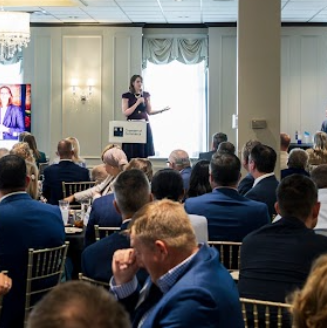




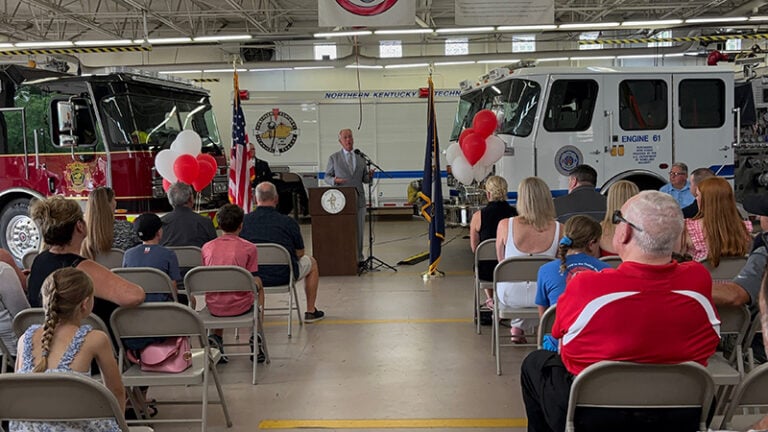
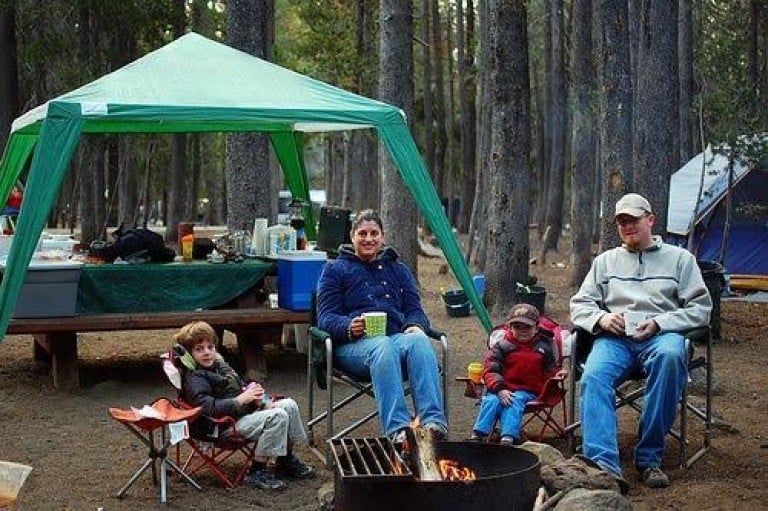

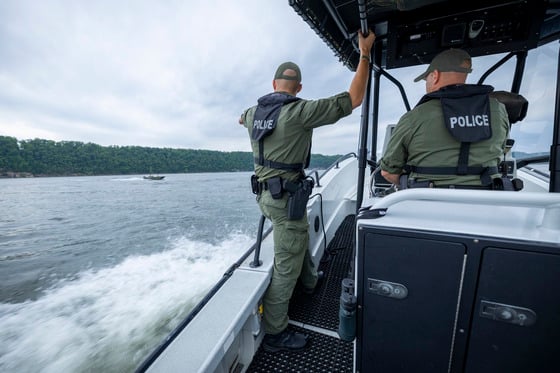
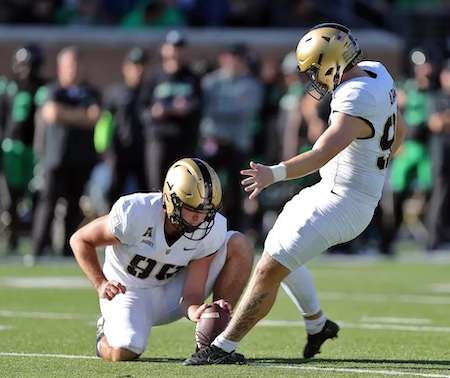

Baiting has gotten out of hand. No sport to it at all. Not good for the deer. Hard to hear of private land owners dumping truck loads of corn and sitting in box blinds and slaughtering does cause they feel its fun to do. Shame on you. You are not feeding your family and decreasing the herd in great numbers. As a senior who starting hunting deer with my Grandpa 60 yrs ago and my family loves venison the number of sightings on my property has decreased rapidly. For every mature doe killed for fun the herd is decreased potentially 3-4 deer. Please use some common sense. Get off your tail and hunt the right way. Dont eliminate them because you can.
I’d be interested to know if Dr.Howard Whiteman is a deer hunter,if so for how long? His expressions on baiting is contrary to many in the use of deer hunting. For many its a practical way to hunt,especially in a state that’s land is divided into many different parcels.Large land owners that ban hunting or reserve it for lease keep the small land owners at a disadvantage. Since deer are not only lured to a bait site but also lured onto a property that’s legal to hunt. Public hunting access is crowded ,over hunted and widely scattered. Since 1964 I’ve hunted in various terrain that requires a vigorous physical abilities. That’s no longer possible as age has reduced the possibility of long range hunting,so baiting has become a fundamental option. Whether or not baiting is an ethical way to hunt is only a opinion,after many years afield I’ve come to some conclusions of my own. First of all with less hunters taking into the field to meet harvest quotas ,baiting helps to reduce those numbers dramatically. The debate of whether deer need these for healthy substances is a mute point, deer on their own visit fields routinely. There is no wrong way to hunt,as long as it’s legal it’s ethical. Other states ban baiting,some ban Sunday hunting. Are these other states a top ten destination? Does baiting allow hunters from out of state better success rates,and encourages repeat seasons to our State and more money into our rural economy? Before you start espousing an opinion as recommendable remember cwd is not widespread throughout kentucky. Let’s hear your personal percentage of success hunting without bait,and how many deer you pass on before your harvest.